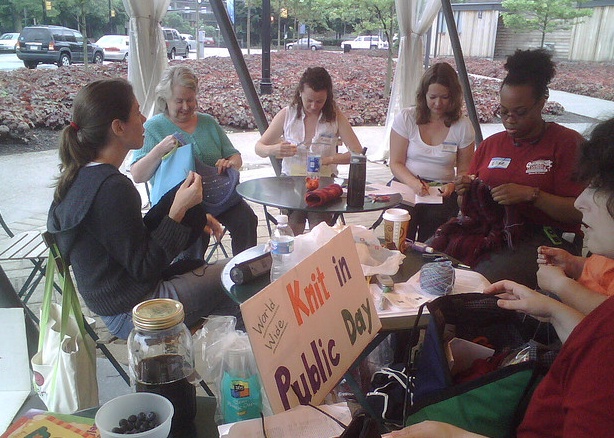KEY CONCEPT
A series of psychological experiments reveal that people will imitate others’ preferences, but not their actions — a revelation that can have marketing implications. For example, Facebook ‘likes’ are more influential than lists of best-selling products.
IDEA SUMMARY
Through a series of experiments, two researchers from the University of Chicago (PhD candidate Yanping Tu, now at the University of Florida, and professor Ayelet Fishbach) revealed that the old saying of “actions speaking louder than words” might not always hold true.
The experiments had participants receiving information on whether others preferred a product or had consumed a product (in other words, not just stating a preference but taking an action). The experiments consistently showed that people would follow the lead of those who stated a preference, but would choose a different product from those who took an action.
For example, in one experiment, participants watched consumers choose between two types of gum. Some consumers indicated which flavour they preferred, others starting chewing the gum they chose. Participants picked the same flavours as consumers who had indicated their preferred gum, but not the same flavour as consumers who had chewed the gum.
In another experiment, participants received information on eight grocery items that another person either liked (preference) or consumed (action). Once again, participants were more likely to buy grocery items that another person liked, but not the items that someone else consumed.
Why the difference? According to the researchers, the answer lies in the concept of mental sharing. Mental sharing refers to the tendency of people to take the judgments of others as their own. In short: they like what others like.
The phenomenon of mental sharing applies especially to actions. In the grocery item experiment, for example, participants were also asked the last time they bought or consumed the eight grocery items (this recall is a marker for mental sharing). The participants were more likely to recall buying or consuming the items that the majority of people consumed, not preferred.
How does mental sharing explain why people follow the preferences of others but not their actions? The researchers explain that having (mentally) taking the same action of those they observe, people are reluctant to repeat the action.
For example, when people mentally share an action — let’s say watching a friend eat a bowl of oatmeal for breakfast — they feel as if they are eating the oatmeal as well. Thus, to enrich their experience, rather than ‘repeat’ the action they’ve already taken, they will choose something different for breakfast, such as an omelette.
This is the reason that when participants observed consumers chewing a certain flavour, they chose a different flavour: they did not want to chew the same gum ‘again’.
However, this divergence only applies when the product sets are complementary, not contradictory. One experiment, for example, involved sets of two partners, called dyads, who were to choose between green and blue luggage stickers. Some dyads were told that the colours were complementary, others that the colours were contradictory. One after the other, the partners chose which colour they preferred (preference) and which they wanted (action); the partner choosing second could see the choices of the first partner. As expected, partners going second conformed much more to the preference than the action choices of the first partner (74% chose the same “complementary” colour their partner preferred, while 39% chose the same colour their partner wanted). This result fit the enriching-by-not-repeating effect described above. For contradictory colours, however, there was little difference in conformity with the preference and action choices of the other person.
Remember, the researchers explain, that people adopt others’ preferences as their own, but want to enrich their experience. The participants chose complementary colours to enrich their experience while still staying true to the preferences they share with the majority. To choose a contradictory colour, on the other hand, would be to reject these shared preferences.
BUSINESS APPLICATION
The ultimate lesson of these experiments is that people are more likely to conform to the preferences of a majority than to the actions of a majority. The researchers’ final experiment is particularly telling. Participants received preference or consumption (action) information on either a YouTube video or an Amazon product. In both cases, the preference information consistently had a greater influence on the choice of participants than the consumption information.
Thus, this research has direct marketing implications: if you want to persuade prospects to buy your product, you will be more successful if you tell prospects which products consumers prefer rather than which products consumers bought. In an online shopping or social media marketing context, for example, this means playing up the list of your most-liked products, rather than your list of bestsellers.
To take another example, when looking for marketing ammunition, collecting ‘likes’ from Facebook users might be more effective than collecting data on what users buy or own.
REFERENCES
Words Speak Louder: Conforming to Preferences More than Actions. Yanping Tu & Ayelet Fishbach. Journal of Personality and Social Psychology (February 2015).











